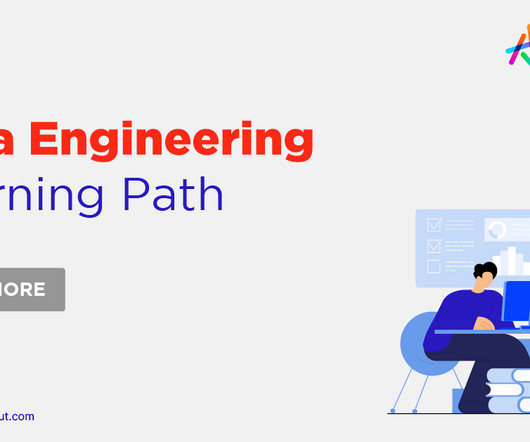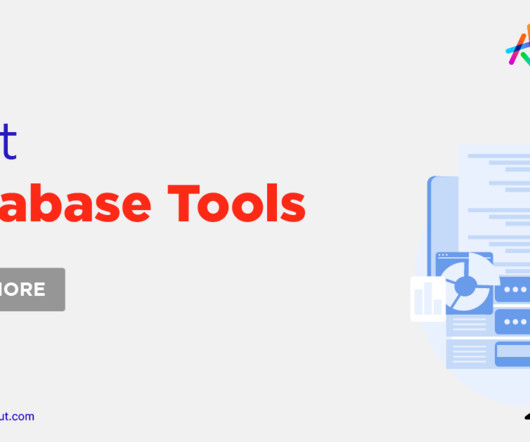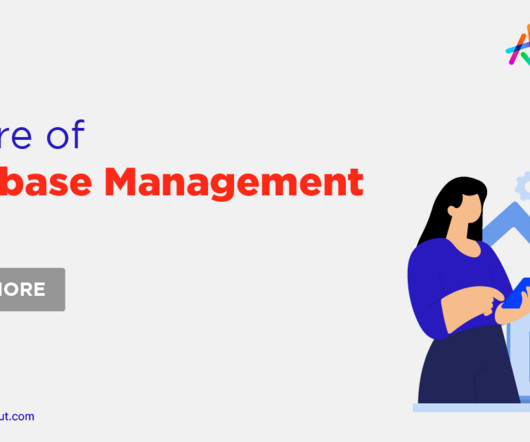Data Engineering Learning Path: A Complete Roadmap
Knowledge Hut
JUNE 23, 2023
You should be well-versed with SQL Server, Oracle DB, MySQL, Excel, or any other data storing or processing software. Equip yourself with the experience and know-how of Hadoop, Spark, and Kafka, and get some hands-on experience in AWS data engineer skills, Azure, or Google Cloud Platform.











Let's personalize your content